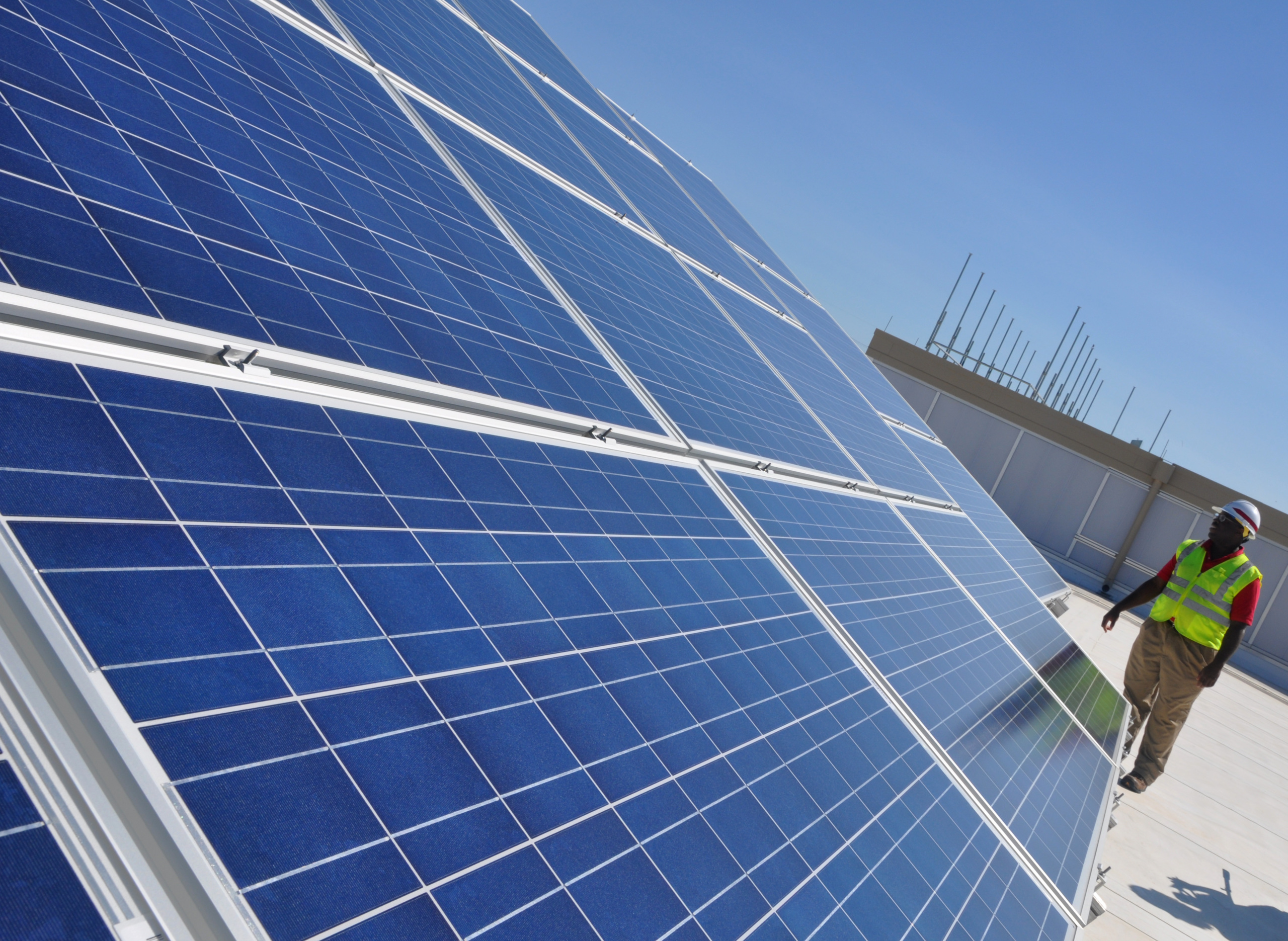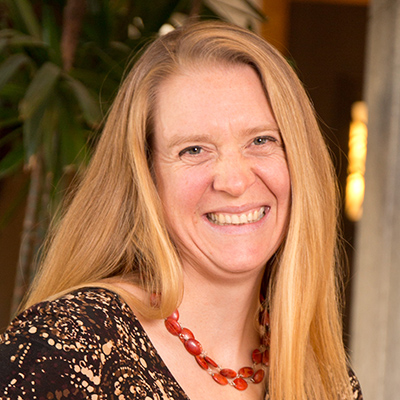
The Clean Energy Home Series (Part 1): What is a heat pump?
A series on how to electrify your home and transition to appliances that can run on renewable energy
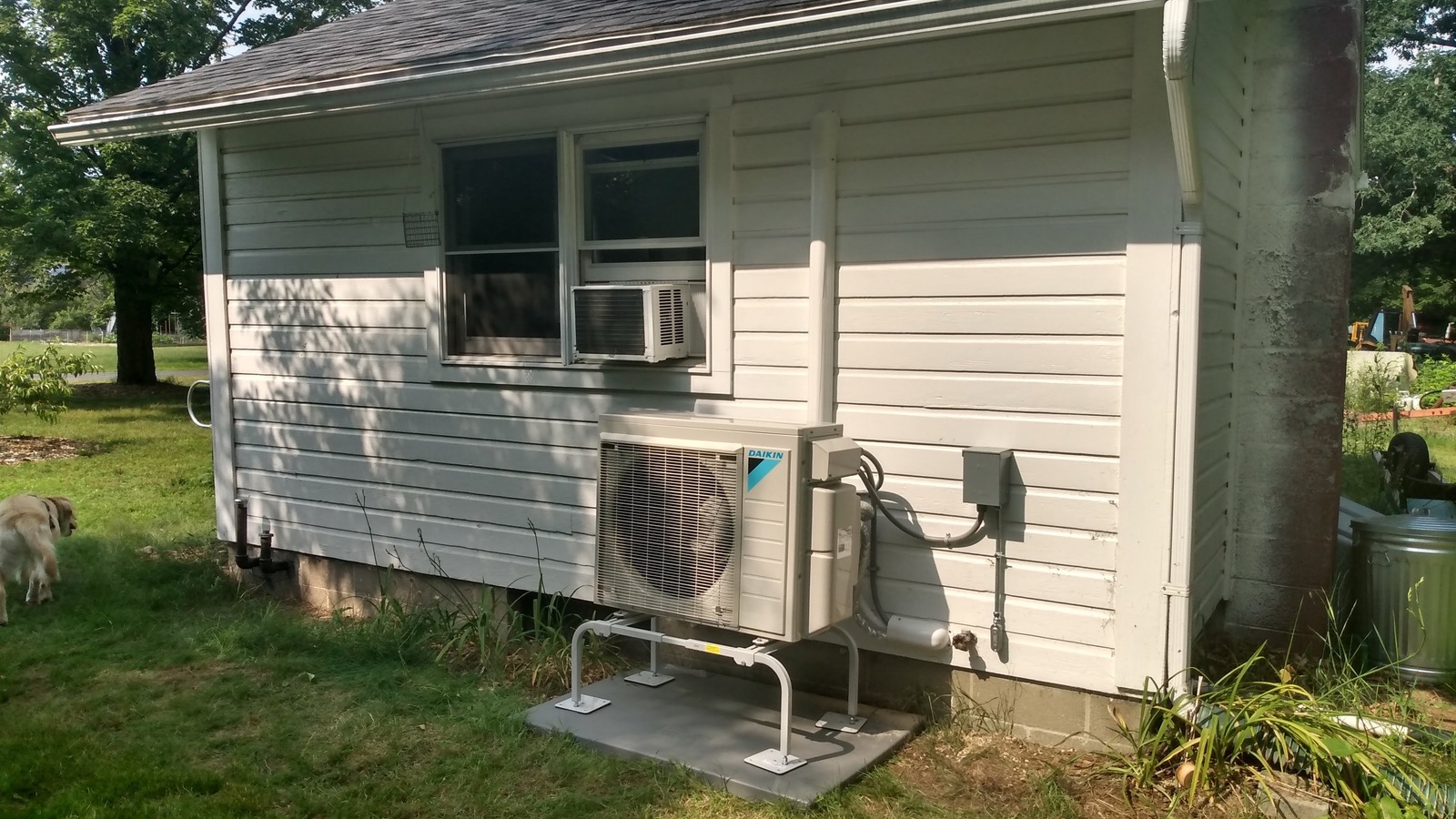
Our clean energy intern Adelina Sederman writes about the benefits of clean efficient heat pumps for heating and cooling. Check out Adalina’s other blogs in this series on heat pump water heaters, induction stoves, and everything else.
My family, like most families in the United States, relies on a gas furnace for our home heating system. That means that every time we crank up the heat on a cold New England day, we are burning fossil fuels in our house.
Right now, three-of-out-every-four Americans still use fossil fuels to run our heating, hot water and other appliances. Powering with gas means that we are missing out on the benefits of renewable energy and polluting the air inside and outside of our homes. Since space heating and cooling accounts for more than half of home energy use, using an electric HVAC (heating, ventilation and air conditioning) system alone can make a big difference in transitioning America’s homes to run on clean energy.
Adopting an electric heat pump is one stellar solution that will replace gas with renewable energy for heating and cooling. Advances in electric technologies have made heat pumps more efficient and reliable than ever, but many homeowners aren’t aware of these somewhat recent improvements and the benefits of electrically run HVAC systems. Heat pumps are now suitable for all climates, no matter how extreme or temperate, and they can last up to 15 years.
Heat pumps are also far more efficient than fossil fuel-powered appliances. Whenever it comes time to turn on the heat in the winter, my family feels like we are wasting energy because we’re burning gas. But with a heat pump powered by such renewable sources as rooftop solar panels or offshore wind turbines, you know that your energy source is clean, efficient and abundant.
What kind of heat pumps are there?
When it comes to buying a system, there are two heat pump options for your home HVAC system: air-source and geothermal.
What is an air source heat pump?
Air-source heat pumps transfer heat between environments, moving heat into a building to increase the temperature and cooling by moving heat out.
What is a ground source heat pump?
Ground-source heat pumps also called geothermal heat pumps work the same way as air source heat pumps, but use the temperature differential from the Earth to heat or cool your home rather than the surrounding air.
What are the benefits of installing a heat pump?
Both air source and geothermal heat pumps are far more efficient than their gas-powered counterparts. Heat pumps have a coefficient of performance (COP) of 3.0-6.0 in comparison to gas furnaces with a COP of 1.0. This means that heat pumps are producing 3 to 6 times as much heat per unit of energy input as furnaces. Additionally, pairing heat pumps with solar panels to generate the electricity will give you a true clean energy home that can reap all the benefits of renewable power.
It’s time for us to transition to electric heat pumps for heating and cooling.
Gas furnaces have long lifetimes and installing new ones can lock us into another decade or so of dirty energy use. In order to reach carbon neutrality in 2050, we need to stop new installations of gas heating by 2025.
In order to electrify every home in America, we must make sure that when every fossil fuel-powered furnace, hot water heater and appliance reaches the end of its useful life, it gets switched out for a clean electric alternative. Thankfully, clean energy tax credits that took effect in January 2023 that help lower the cost of installing a heat pump.
I know I’m going to have a conversation with my family about switching to a heat pump when our gas furnace is ready to be replaced. And if it’s time to replace your own HVAC system, opting for a clean and efficient heat pump is the way to go.
For more information check out the recording of our webinar where experts explain how federal clean energy tax credits can help you get a heat pump and other resources in our Clean energy home toolkit.
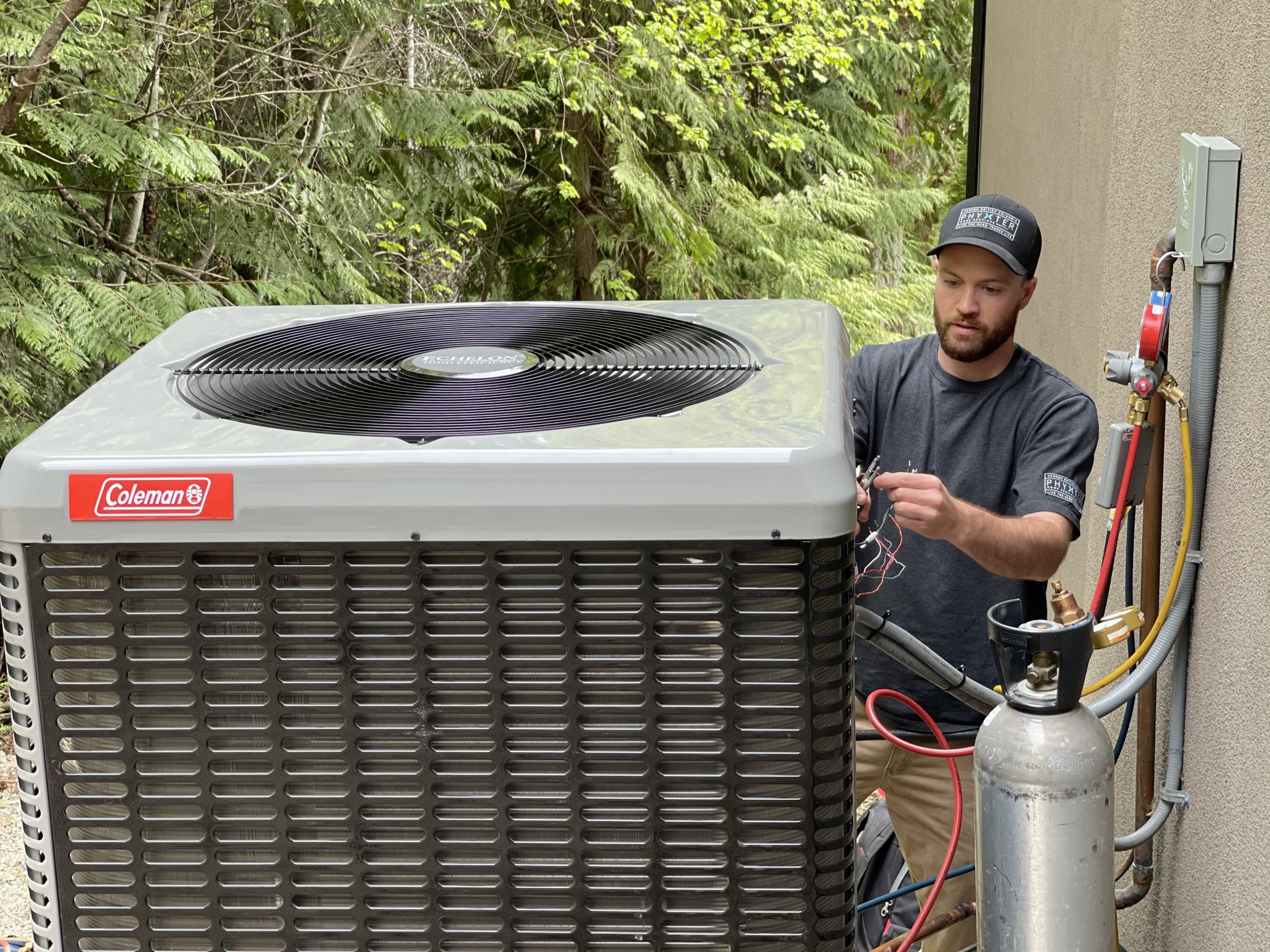
Heat pumps: how federal tax credits can help you get one

You have the power: how to electrify your home with new tax credits
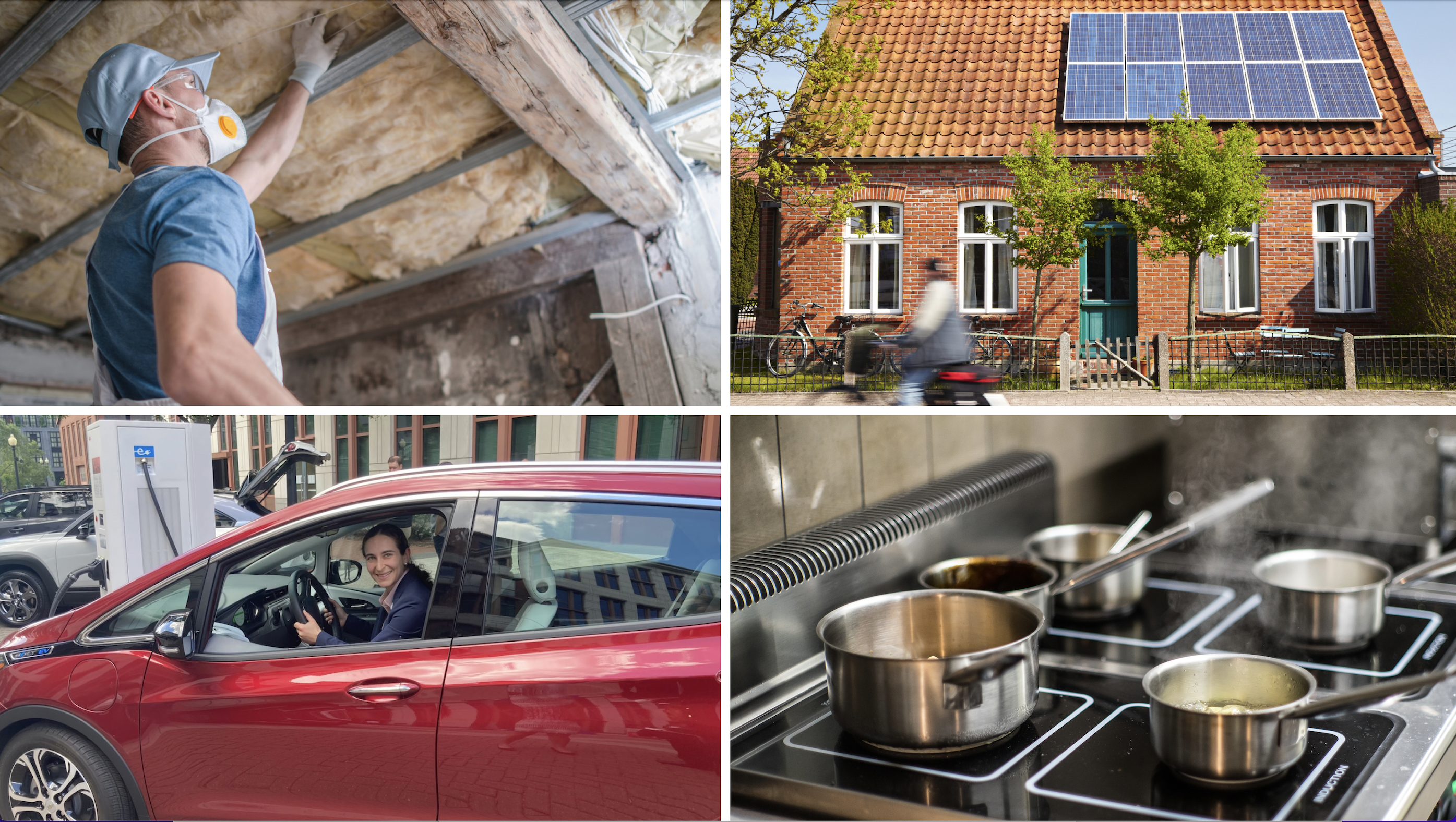
Clean Energy Home Toolkit
Topics
Authors
Johanna Neumann
Senior Director, Campaign for 100% Renewable Energy, Environment America
Johanna directs strategy and staff for Environment America's energy campaigns at the local, state and national level. In her prior positions, she led the campaign to ban smoking in all Maryland workplaces, helped stop the construction of a new nuclear reactor on the shores of the Chesapeake Bay and helped build the support necessary to pass the EmPOWER Maryland Act, which set a goal of reducing the state’s per capita electricity use by 15 percent. She also currently serves on the board of Community Action Works. Johanna lives in Amherst, Massachusetts, with her family, where she enjoys growing dahlias, biking and the occasional game of goaltimate.
Adelina Sederman
Clean energy intern
Find Out More
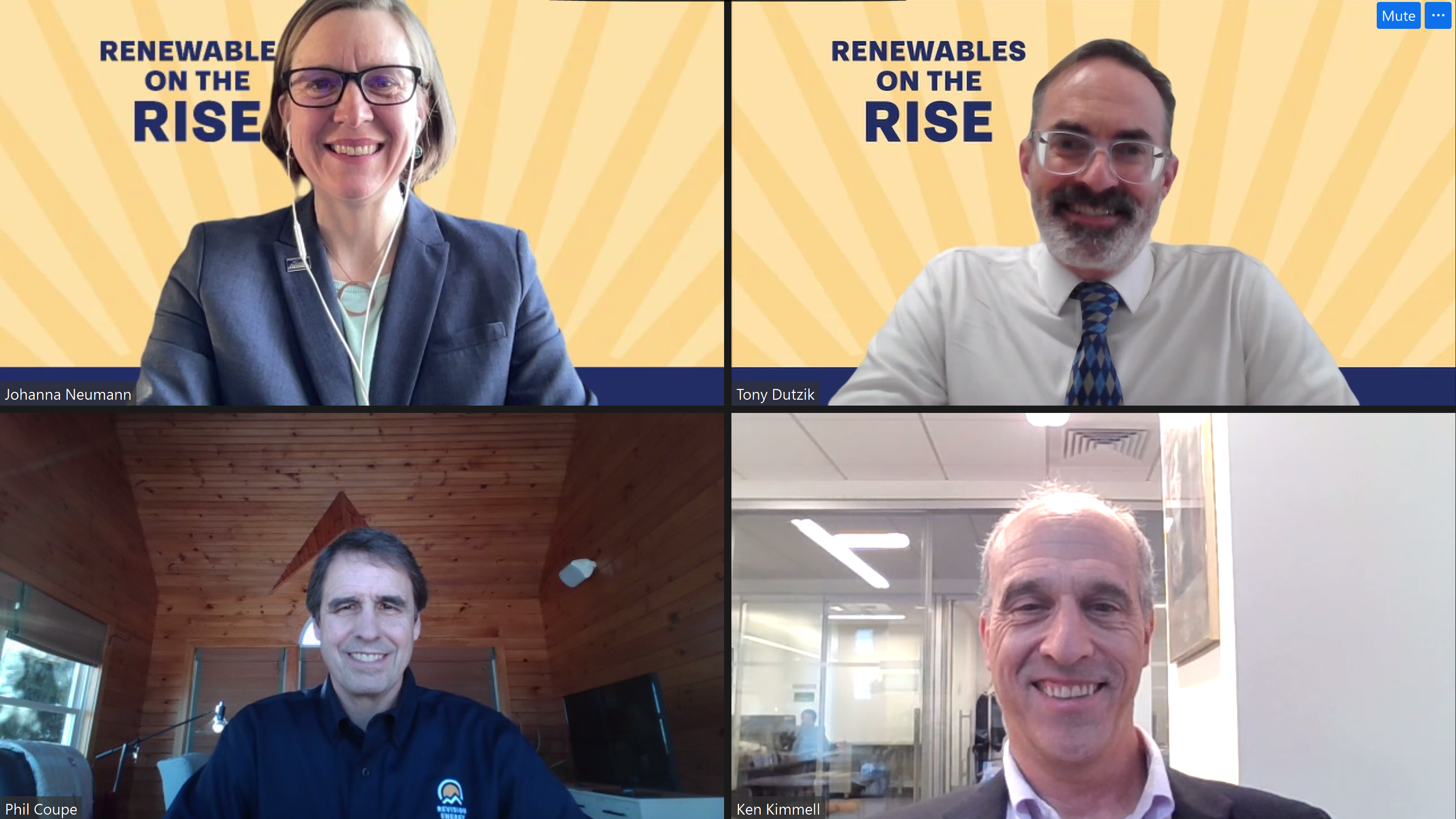
Key takeaways from Renewables on the Rise: Success Stories

Which 10 American retailers can lead the way on rooftop solar?
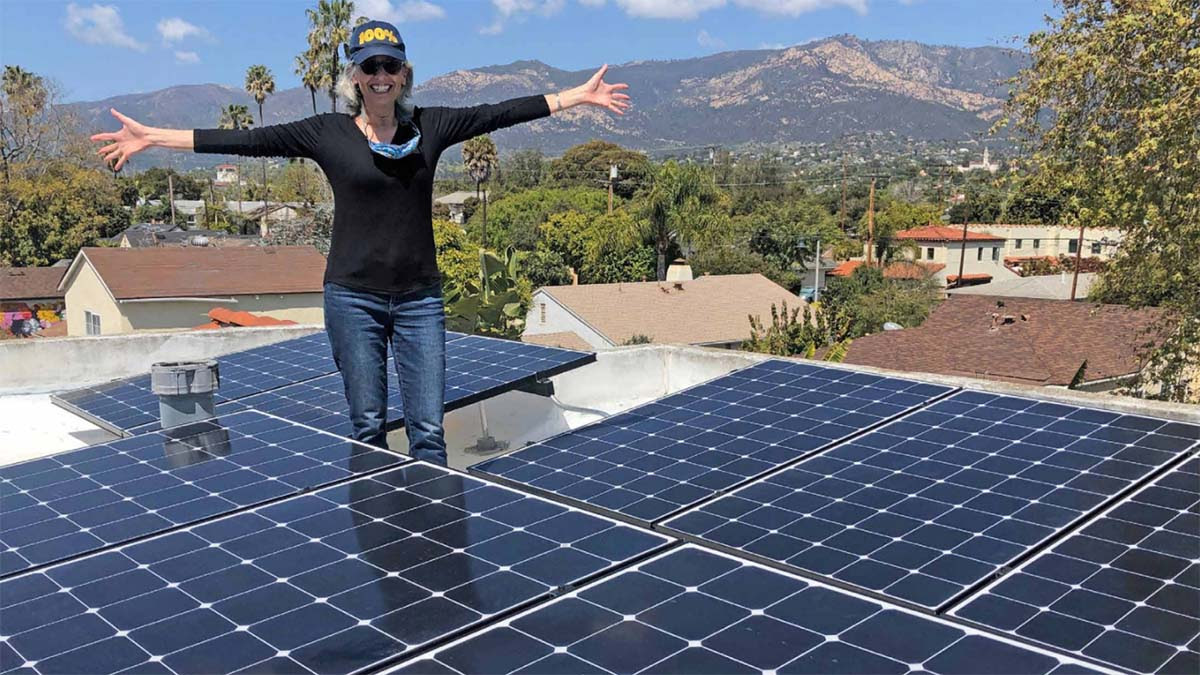
More rooftop solar, less red tape
